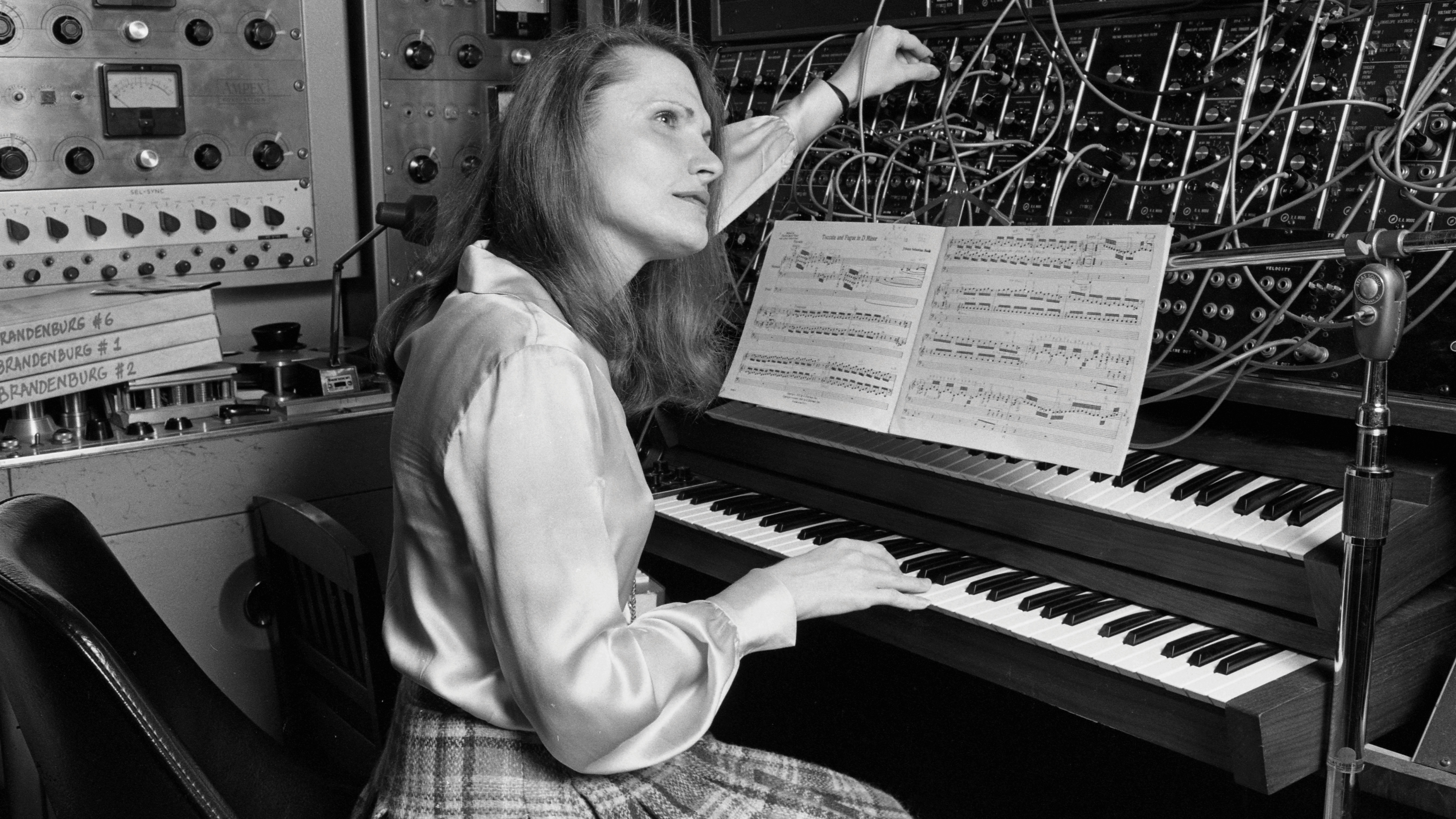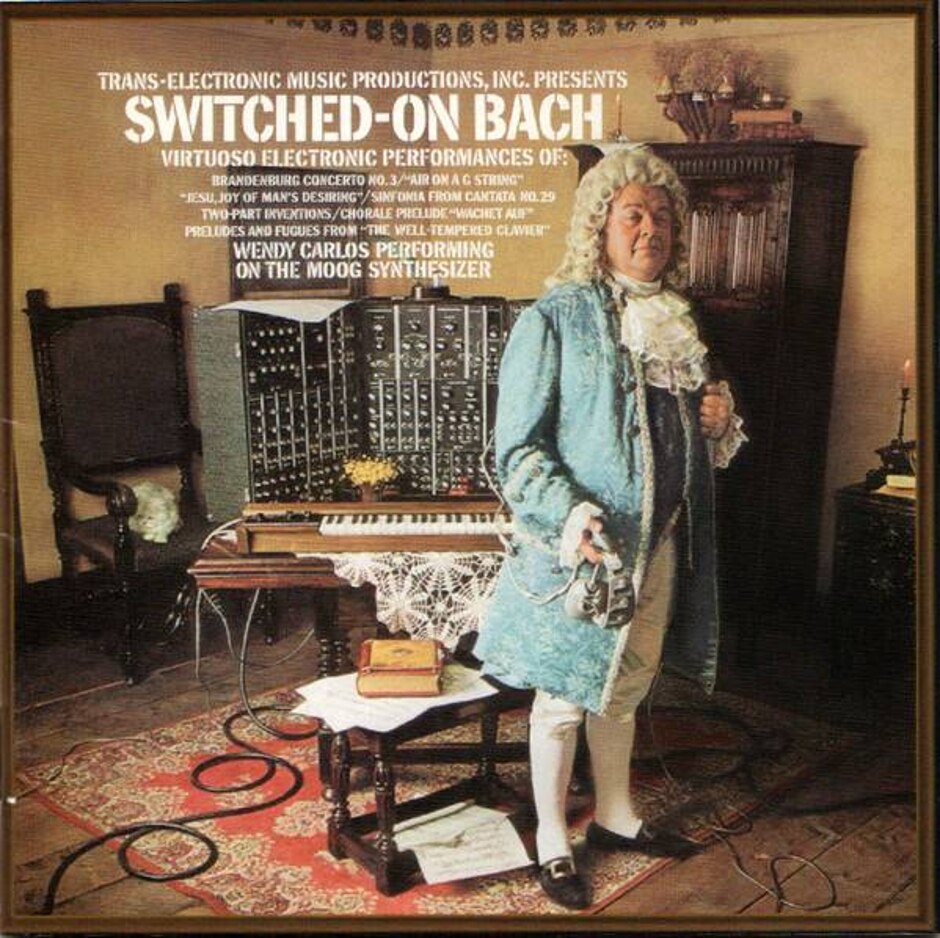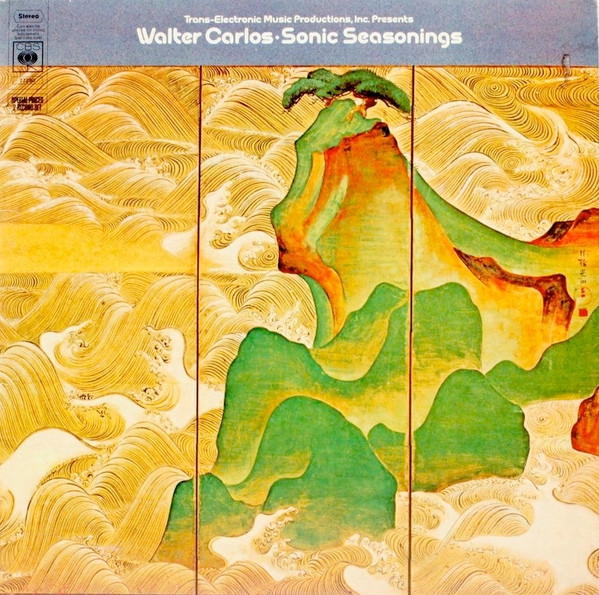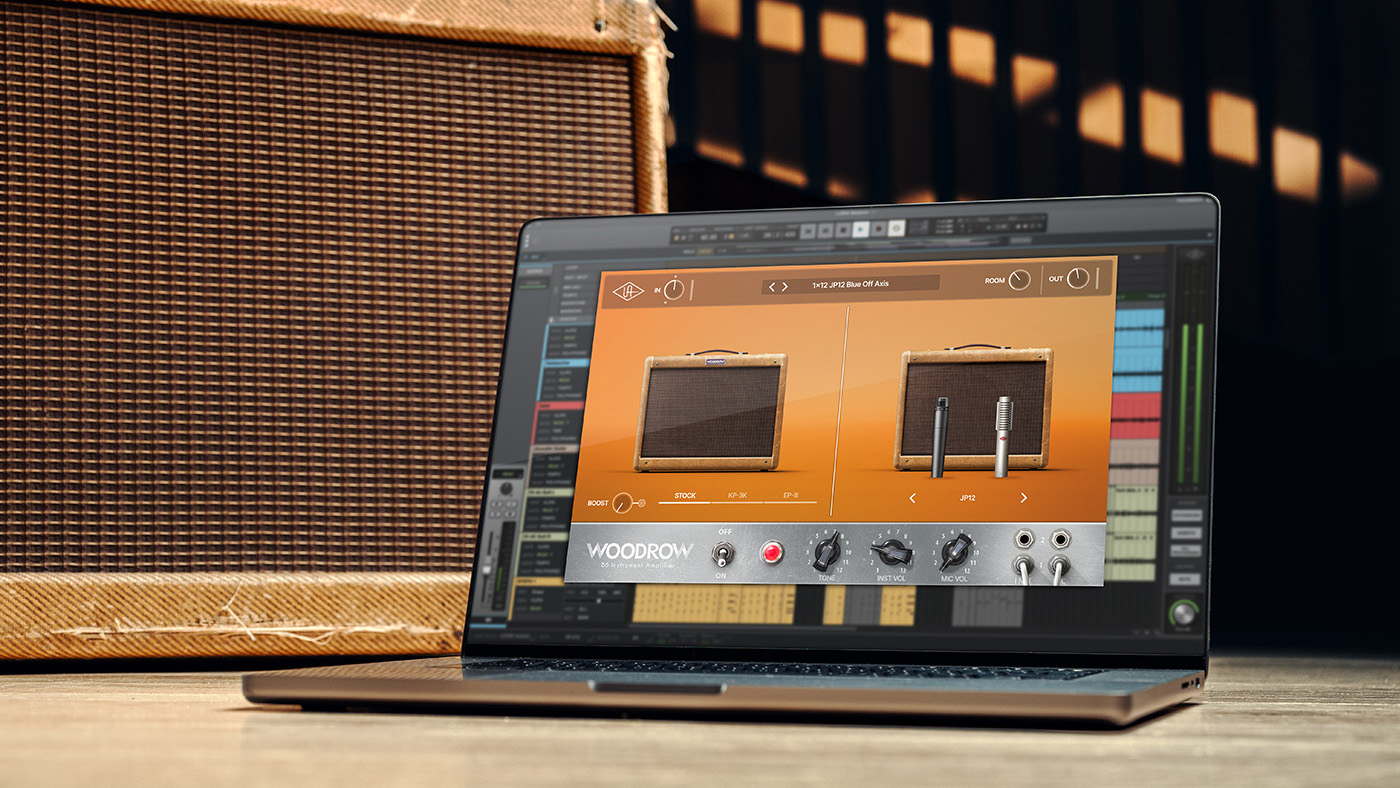How Wendy Carlos became music technology's greatest living pioneer
From laying the foundations of ambient music to advising Bob Moog, Wendy Carlos’ impact cannot be overstated

American composer, engineer, inventor and genre creator Wendy Carlos is one of the most innovative figures in the world of synthesizers and electronic music.
After studying physics and music at Brown University, Rhode Island, she became a mastering engineer and eventually pursued a more compositional role in New York. She was becoming fascinated with timbre, and taking much of her science background and applying it to the art of sound.
She met Bob Moog at an Audio Engineering Society event and ended up acting as an advisor for him as he was developing his modular systems, and ultimately helped bring his hardware synthesiser vision to the masses.
“They had this collaboration,” Goldfrapp’s Will Gregory says on a videocast for The British Library, embedded below. “Moog was one of the few synthesiser designers who was actually listening to musicians. A lot of the synthesisers were difficult to play – some didn’t even have keyboards. I think the performance side and playability – you have to give a huge thanks to Wendy for helping to bring that. I don’t think we’d have had the Minimoog when we did.”
However, it was Wendy’s career-defining album, 1968’s Switched-On Bach, that ended up doing even more for the popularity of the synth – in fact, the recording can be seen as the album that literally launched the machine to the world. Using completely monophonic Moog modules and a very early 8-track recorder, Carlos painstakingly recorded synth versions of famous Bach compositions.
What was even more extraordinary was that she and her then-musical partner Rachel Elkind actually set out to use the album to bring Bob’s synths to a larger audience – one of the reasons they chose well-known Bach compositions. It was effectively a brilliant PR coup for Moog as the album shifted ridiculous numbers (eventually going double platinum in the States alone) and winning three Grammy Awards.
It did its job, introducing the synth to millions of listeners and musicians including The Beatles and The Rolling Stones, not to mention influencing countless electronic music producers over the decades since – everyone from the aforementioned Will Gregory to Giorgio Moroder has cited Switched-On Bach as a huge influence.
Get the MusicRadar Newsletter
Want all the hottest music and gear news, reviews, deals, features and more, direct to your inbox? Sign up here.
“It was a seismic shift in how everybody felt about electronic music,” says Gregory. “It gave people a huge, beautiful vision of what polyphony could be. The marriage of monophonic synth and polyphony was the major genius of that record.”
“It was a seismic shift in how everybody felt about electronic music”
The success of Switched-On Bach meant that Wendy Carlos then became an in-demand film score composer, and as well as doing more ‘synth does classical’ recordings, she also released several albums of her own compositions which trod a very different path. There was the ‘ambient before ambient’ 1972 release Sonic Seasonings, but perhaps the menace and terror that she brought to Kubrick’s film work will likely be her legacy.
It’s a shame, though, that so little of this extensive back catalogue is actually available on mainstream music sites. And it’s also a shame – for the rest of us anyway – that she has become so fiercely private, with no new interviews for many years and one attempt at a biography – Amanda Sewell’s Wendy Carlos: A Biography – dismissed by Carlos.
However, this is also completely understandable. As one of the first high-profile people to transition, she had – in some senses – to break as much ground in her personal life as she did in her music life, so it’s only right that she gets the privacy she deserves.
Carlos’ ultimate aim was to help make synthesisers more accessible and in doing so, we wouldn’t have a great deal of music we have today, let alone the machines that make it. You can literally trace a line from that early all-synth debut album through works of The Beatles right through dance music and many of today’s soundtracks that were touched at some point by Carlos’ influence. Greatest living music and technology pioneer? Indeed.
Further listening
1. Switched-On Bach (1968)

The album that defined Wendy Carlos and introduced both electronic music and the synthesiser is a curious mix of novelty and legend. There’s no doubting the work that Carlos poured into it, nor its importance in the history of music, but actually, many of Carlos’ later works are more interesting, sonically speaking.
2. Sonic Seasonings (1972)

Not only did Carlos help to unleash the synthesiser and electronic music on the world, she also had a big hand in advancing the ambient music scene with this 1972 release. A study of the four seasons using field recordings, it’s more challenging than later ambient works by more electronic composers, but still remains a firm favourite among Carlos fans.
3. A Clockwork Orange: Wendy Carlos’ Complete Original Score (1972)
The official soundtrack to this most controversial of films is a series of classical pieces by composers including Purcell and Beethoven. Carlos provided electronic reworkings and original track Timesteps. Not all of these were used by the film’s director Stanley Kubrick, so Carlos has since released this definitive version.
4. TRON: Original Motion Picture Soundtrack (1982)
Daft Punk may have provided some breathtaking tracks for the second TRON film, but the first outing employed an even bigger electronic music pioneer as Wendy Carlos was drafted in for this 1982 score. The soundtrack still fits well in a sci-fi film that employed some of the first CG effects which combine with the Carlos score for some wonderfully charming – if perhaps dated – moments.


Andy has been writing about music production and technology for 30 years having started out on Music Technology magazine back in 1992. He has edited the magazines Future Music, Keyboard Review, MusicTech and Computer Music, which he helped launch back in 1998. He owns way too many synthesizers.
"Yamaha has achieved an extraordinary level of immersiveness and realism, crafting an instrument that sounds closer to an acoustic piano and feels like one under your fingers": Yamaha Clavinova CLP-885 digital piano review
With its latest free update, Ableton has finally turned Note into the app I always wanted it to be










